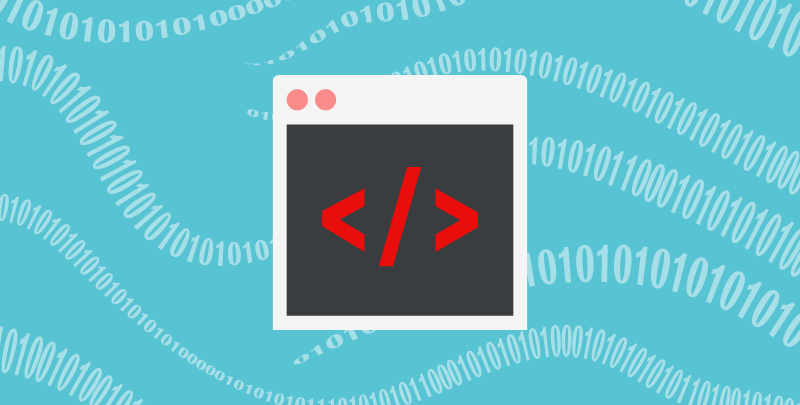Call 3 Update
13 projects selected for funding under Research Software Call 3!
RS Call 3 will provide funding to these projects that enable research teams to adapt existing software for re-use by other research teams, including teams that are in a different discipline.
Repurposing existing software aims to accelerate discoveries, and maximize public investment in research by:
- Increasing the amount of funding allocated to research, rather than development of software that already exists.
- Maximizing efficiencies in software development to enable researchers to devote their time and resources to the research itself.
These projects represent a wide range of disciplines and fields of study. To find out more information about each of the projects, please read our press release.
More information and the technical specs of each project is linked below:
- CBRAIN | Led by Dr. Alan C. Evans, McGill University
- SlicerAIGT | Led by Dr. Gabor Fichtinger, Queen’s University
- LORIS | Led by Dr. Alan C. Evans, McGill University
- Motus | Led by Dr. Denis Lepage, Birds Canada
- IRIDA | Led by Dr. William Hsiao, Simon Fraser University
- OpenMS | Led by Dr. Hannes Rost, University of Toronto
- Atlascine | Led by Dr. Sebastien Caquard, Concordia University
- Overture | Led by Dr. Christina Yung, Ontario Institute for Cancer Research
- GenAP | Led by Dr. Pierre-Étienne Jacques, Université de Sherbrooke
- PAVICS-Hydro2 | Led by Dr. Richard Arsenault, École de technologie supérieure (ÉTS)
- CANFAR | Led by Dr. Kimberly Venn, University of Victoria
- iEnvironment | Led by Dr. Donald D. Cowan, University of Waterloo
- OpenPNM and PoreSpy | Led by Dr. Jeff Gostick, University of Waterloo
Local Research Software Support Update
In 2018, we piloted the use of Local Research Software Support teams at three institutions (Carleton University, University of Regina, and McMaster University). These support teams were established to support all researchers at the institution in using, developing, enhancing, repurposing, and maintaining research software. Demand for these Local Support teams continues to surge as the three Local Support pilot participants have added additional members to each of their teams. These additional members are not funded by CANARIE, and all three pilot teams are planning to continue these Local Support teams post-CANARIE funding.
To help meet this growing demand, we launched the Local Research Software Support (LRSS) Call 1 in April and are aiming to establish more local support teams at other institutions.
If you have an institution-wide software development team that supports academic research, or are considering forming one, please contact us. No further funding is available, but we’d love to work with you to join our growing community of research software development professionals.
Welcome to NDRIO
Officially launched in March of this year, the new National Digital Research Infrastructure Organization (NDRIO) has been given a federal mandate to fund and evolve three components of Canada’s digital research infrastructure ecosystem: Advanced Research Computing, Research Data Management, and Research Software. CANARIE will be transitioning our Research Software mandate to NDRIO in 2022. To maintain a seamless flow of funding and support to Canadian researchers with critical requirements for software, we are working very closely with our colleagues at NDRIO to ensure a smooth transition of the program.
The iReceptor Gateway: FAIR Open Data, Interoperability, and Expert Curation at Work
The iReceptor Gateway was developed as part of a previous Research Software Call in 2013. We’re happy to see the iReceptor team leveraging the recent CANARIE RDM Program, and also working with Research Data Canada to promote Adaptive Immune Receptor Repertoire (AIRR) data in the quest to combat COVID-19. Please follow this link and read the RDC blog post on this important effort.
Developer Tip
Developing software is often a collaborative effort, and a common problem in development is combining changes from different developers in an efficient way.
This article, from Martin Fowler, takes an in-depth look at some different patterns that makes collaboration easier and how they can be applied to your development setting.


